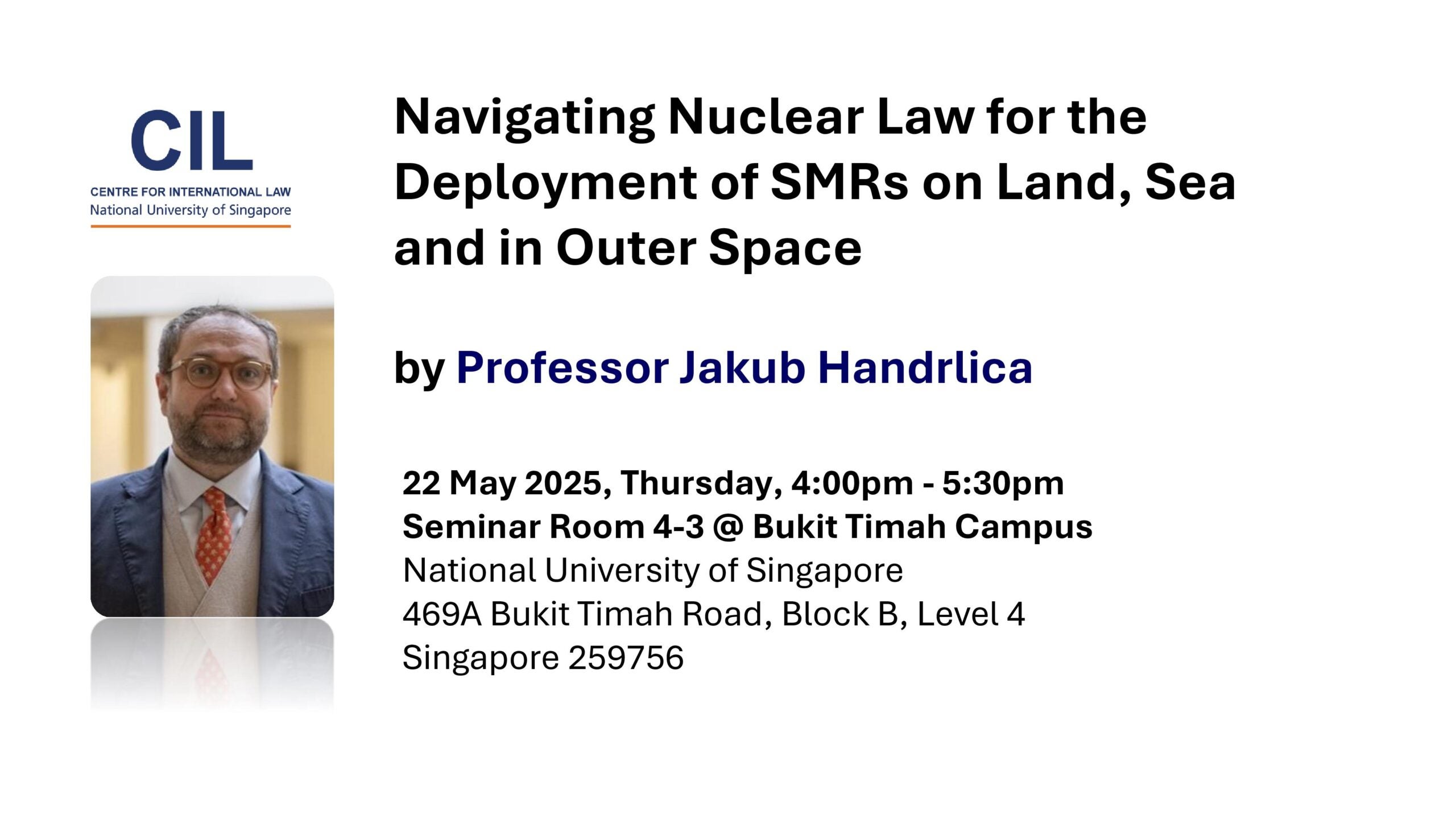Venue
Start
End
Time
You may download the presentation slides here.
INTRODUCTION
Small Modular Reactors (SMRs) have become one of the most discussed among recently developed advanced energy technologies worldwide. According to the OECD/NEA:
“[A] wave of innovation in Small Modular Reactors […] has the potential to reshape modern society. With a shift from conventional large-scale construction to factory manufacturing to drive down costs and leaps in technology that will allow flexible and diverse applications, a portfolio of SMR products is racing to the market. Among other hard-to-abate sectors, these technologies will enable the replacement of coal for on-grid power generation; replace diesel generators for off-grid mining and industrial operations; replace fossil fuels for cogeneration of heat and power for heavy industries and district heating; and enable large-scale water treatment and desalination to produce clean potable water.” (OECD/NEA, Small Modular Reactors Dashboard, 13 March 2023)
Current projects envisage their deployment in different spaces including on land, sea, and in the future, in outer space. There is a growing global consensus that any deployment of future SMRs must be accompanied by the establishment of a legal framework that will duly reflect the specific nature of these technologies.
The current developments relating to SMRs are part of a much broader trend towards the miniaturisation of technologies. This process is ongoing in another field of technology as well – for example, the gradual deployment of small satellites in the space industry. The seminar identifies four distinctive elements of the miniaturisation of advanced nuclear technologies as compared to conventional nuclear power plants: (i) reduction in size and risk; (ii) decentralised character; (iii) specific location; and (iv) wide range of potential suppliers. Professor Handrlica argues that these four distinctive elements represent a significant paradigm shift which raises the question of how international nuclear law should respond to these changes. In this seminar, he will address how these distinctive elements will influence the future content of nuclear law, specifically in the areas of nuclear liability and nuclear safety.
ABOUT THE SPEAKER
Professor Jakub Handrlica is a professor at the Law School, Charles University in Prague. His main areas of research are the law of new technologies, energy law, nuclear law and space law. He has regularly published articles on these topics in international journals, such as the Journal of World Energy Law & Business, the Journal of Energy & Natural Resources Law, Review of European, Comparative & International Environmental Law, etc. Recently, he has been working on a new book with the working title Advanced Introduction to Modern Nuclear Law. He is a member of the International Nuclear Law Association, International Institute of Space Law and since 2024, the OECD Nuclear Energy Agency Global Forum Working Group 5: Re-establishing nuclear law education programmes. For further information, see: https://www.prf.cuni.cz/en/detail-cloveka/630937.
PROGRAMME
3.50 pm Registration
4.00 pm Welcome remarks
4.05 pm Presentation by Professor Jakub Handrlica
4.50 pm Q&A
5.30 pm End of seminar


